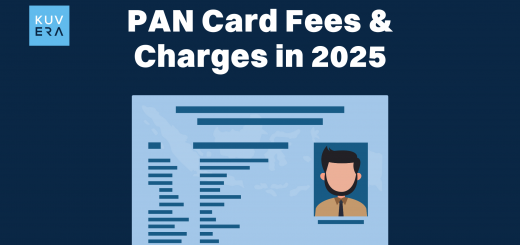Small Cap stocks have traditionally outperformed large caps in rising markets. These companies usually gain momentum during strong economies and can proportionally grow much more. Around 71-75 percent of Small Cap funds have outperformed benchmark returns in five- and three-year periods.
That’s not to say you should join the frenzy, definitely not before doing your homework. Yes, Small Caps have reported higher returns than large caps, albeit with great volatility.
So let’s cover your basics before you jump into Small Cap MF.
What’s a Small Cap mutual fund?
The most recent value of a company’s outstanding shares is referred to as its Market Capitalization (Market Cap.) A company with a market capitalization of less than Rs.5000 crores is classified as a Small Cap company.
And no, Small Cap companies don’t always mean startups. There are also well-established Small Cap companies with a proven track record of excellent finances.
The mutual fund which curates the best of all these Small Cap stocks and invests in them is called a Small Cap mutual fund.
Why do people invest in Small Cap mutual funds?
Small Cap mutual funds have been renowned to deliver excellent returns over prolonged investment horizons since their underlying Small Cap firms have high growth potential. Small Cap fund managers deploy between 65% to 90% of their assets in such shares to create capital gains.
Who should invest in Small Cap funds?
Individuals with a higher risk appetite can consider investing in Small Cap mutual funds. These funds are known to offer high returns in rising markets. These funds can be significantly affected during economic contractions.
However, dedicating a small portion of your investment portfolio to Small Cap funds can be a good idea.
Things to consider before investing in Small Cap mutual funds:
Risk: Even the best Small Cap funds are more volatile than other investment funds. Small Cap funds suffer immensely when the market underperforms, therefore one should invest in them only if they have a high-risk tolerance.
Returns: Small Cap funds are known to produce multibagger returns when invested over an investment horizon ranging between 7-10 years. This sector has also sparked a lot of investors’ interest and money in the last few years.
Expense ratio: Fund houses charge you a commission fee under the ‘expense ratio’ to manage your funds, which is limited to 2.5% under SEBI norms. Thus while selecting a fund, it is best to consider the net return after expenses.
Long-term Goals: Because of their capacity to generate optimal capital gains, Small Cap mutual funds can be considered for long-term goals such as retirement, children’s education, Vacation, and so on.
Taxation: You receive capital gains when you redeem units of Small Cap mutual funds. In your possession, these capital gains are taxable. The rate of taxation is determined by how long you remain invested in these funds, which is referred to as the holding period.
Short-term capital gains are capital gains achieved within a one-year ownership period. STCG is taxed at a rate of 15%. Long-term capital gains, on the other hand, are gains earned on investments held for longer than a year (LTCG).
As a result of the 2018 budget revisions, LTCG worth more than Rs 1 lakh will be taxed at 10%.
How to invest in Small Cap funds
Kuvera makes investing in Small Cap equity funds paperless and hassle-free.
You can begin your investment journey by doing the following steps:
Step 1: Register at Kuvera. in.
Step 2: Fill out all of the required information.
Step 3: Verify all of your details; it takes less than 5 minutes.
Step 4: Choose your favorite Small Cap equity fund among the hand-picked mutual funds.
FAQs:
1. What is an Expense Ratio?
The expense Ratio also sometimes known as the management expense ratio (MER), shows how much of a fund’s assets are used for administrative and other operating expenses.
“An expense ratio is a convenience fee for not having to pick and trade individual stocks yourself,”
-Leighann Miko, (CFP) and founder of Equalis Financial.
2. What is an investment horizon?
An investment horizon is the duration for which an investor is willing to hold their portfolio. It is often proportional to the amount of risk the investor is willing to bear.
Interested in how we think about the markets?
Read more: Zen And The Art Of Investing
Watch/hear on YouTube:
Start investing through a platform that brings goal planning and investing to your fingertips. Visit kuvera.in to discover Direct Plans and Fixed Deposits and start investing today.
#MutualFundSahiHai #KuveraSabseSahiHai! #PersonalFinance










